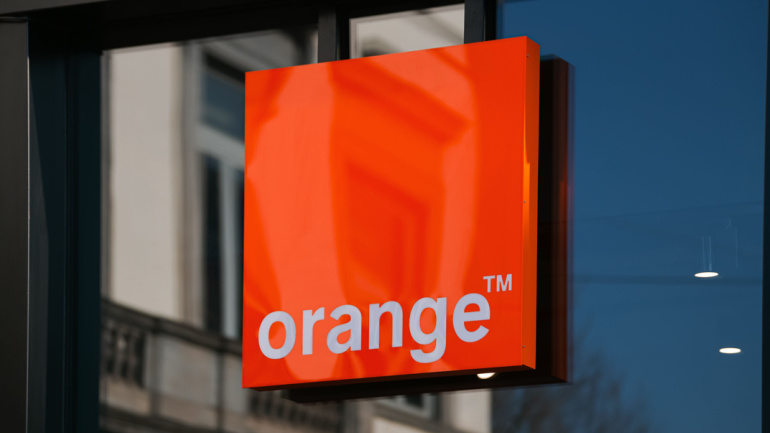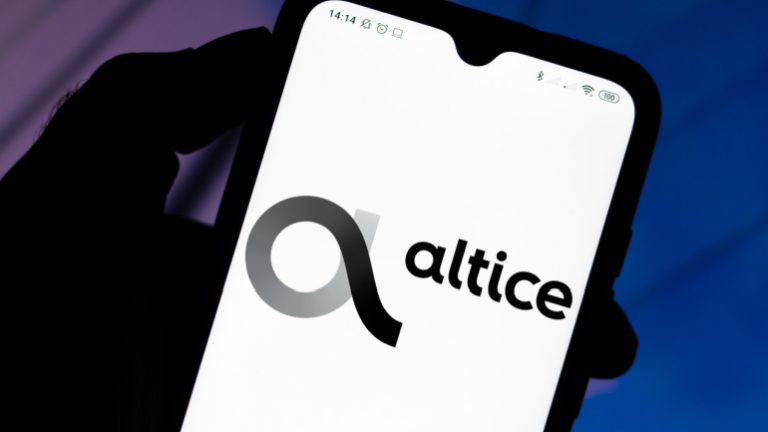
Orange took the center stage at the Network X event to discuss the accomplishments and goals of the company. Mari-Noëlle Jégo-Laveissière, Deputy CEO of Orange Group, highlighted Orange’s achievements, notably in its fibre rollout, reaching over 90% coverage in some countries.
Addressing the potential of 5G, Jégo-Laveissière declared, “5G is all about using data in real time everywhere,”. She also predicted that 5G SA will come to life in 2023, playing a crucial role in the company’s 2040 CSR objectives, largely due to its influence on energy consumption.
5G SA, according to her, is a “true revolution for B2B,” as it uncovers a world of possibilities for businesses throughout the industry. She mentioned a recent undertaking by Orange to equip the port of Barcelona with a range of connectivity features, including ship control and real-time video analytics. This contract, she explained, holds great significance for the company.
Jégo-Laveissière further emphasized the pressures of working with industry customers, saying “when you have a fully connected 5G factory, if there is any issue, you are the one that will be blamed in 30 seconds.”
The later part of the event involved an expert panel discussion on the economic models surrounding tower infrastructure and the process of operators divesting them. Nicolas Roy, CEO of TOTEM, compared managing a tower portfolio to real estate. On the same note, Senior Vice President at Wealth Fund GIC, Svetlana Barthelemy stated, ‘We see a lot of benefits for infrastructure carve outs,’ which assists in focusing on KPIs and managing the cost of capital. James Gordon, Managing Director of KKR, pointed out that ‘integrated’ telcos are sometimes unfairly burdened with regulatory obligations.
In conclusion, while the panelists agreed on the various benefits of telcos selling off their tower infrastructure to free up capital budget, it was also made clear that a one-size-fits-all solution does not exist.




